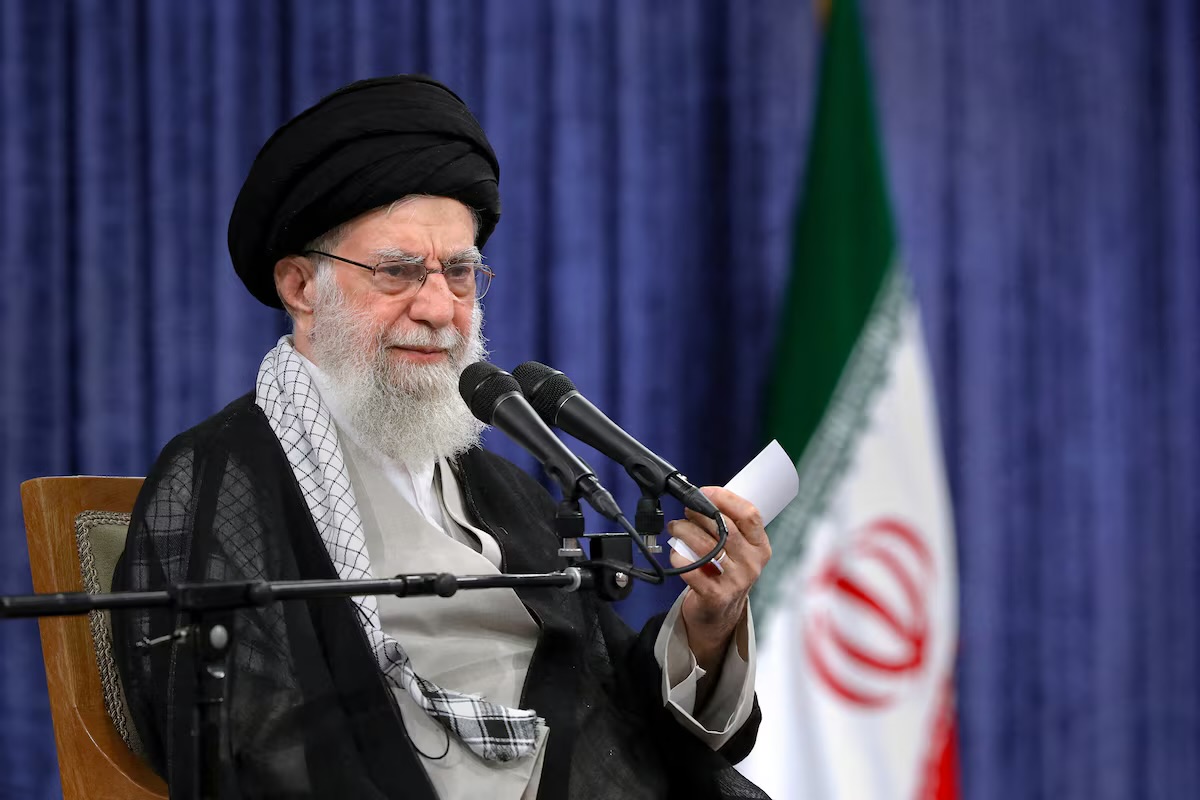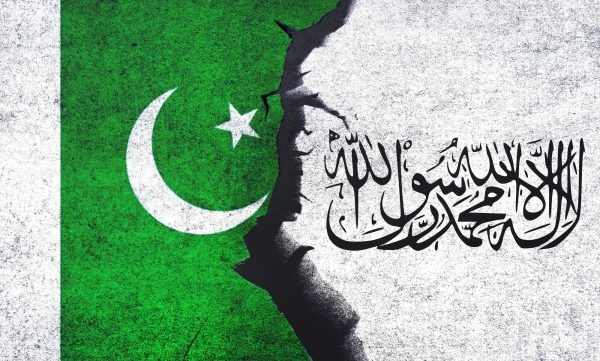In a significant political development in the Maldives, Mohamed Muizzu has emerged victorious in the presidential election, securing a win over the incumbent, Ibrahim Mohamed Solih. This election was closely watched not only for its impact on the Maldives’ domestic politics but also for its implications on the geopolitical landscape of the Indian Ocean region.
Muizzu, aged 45, leads a party that has embraced Chinese loans and previously oversaw a crackdown on dissent while in power. His victory, with 54.06 percent of the vote in the run-off contest, marked a turning point in the Maldives’ political landscape.
The election highlighted the growing influence of China in the region, as Muizzu’s party has been associated with Beijing’s Belt and Road infrastructure initiative. This victory could potentially reshape the Maldives’ foreign policy, especially concerning the competition for influence between India and China in this strategically positioned nation.
Incumbent President Solih conceded defeat, and Muizzu is set to assume office on November 17, while Solih will serve as caretaker president until then.
Beyond the geopolitical ramifications, the election also revealed that the Maldivian electorate is concerned not just about foreign influence but also about economic and governance issues. The high voter turnout of 85 percent underscores the importance of addressing these domestic challenges.
Muizzu’s promises to recalibrate trade relations and remove Indian troops from the Maldives have generated attention. However, it remains to be seen how these pledges will translate into policy and impact the nation’s relationship with its neighbors.
As the Maldives embark on a new chapter with Muizzu as its president, the world will be closely watching how this change in leadership shapes not only the nation’s domestic policies but also its role in the complex dynamics of the Indian Ocean region.
www.theadvocatepost.org
Follow us on social media
@theadvocatepost





